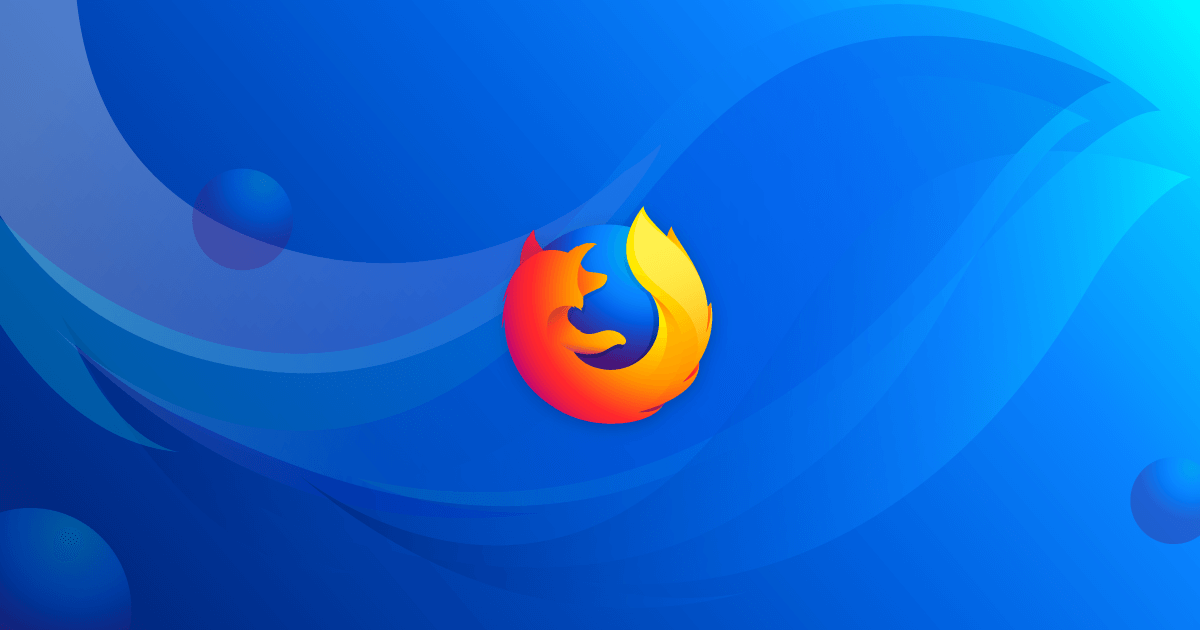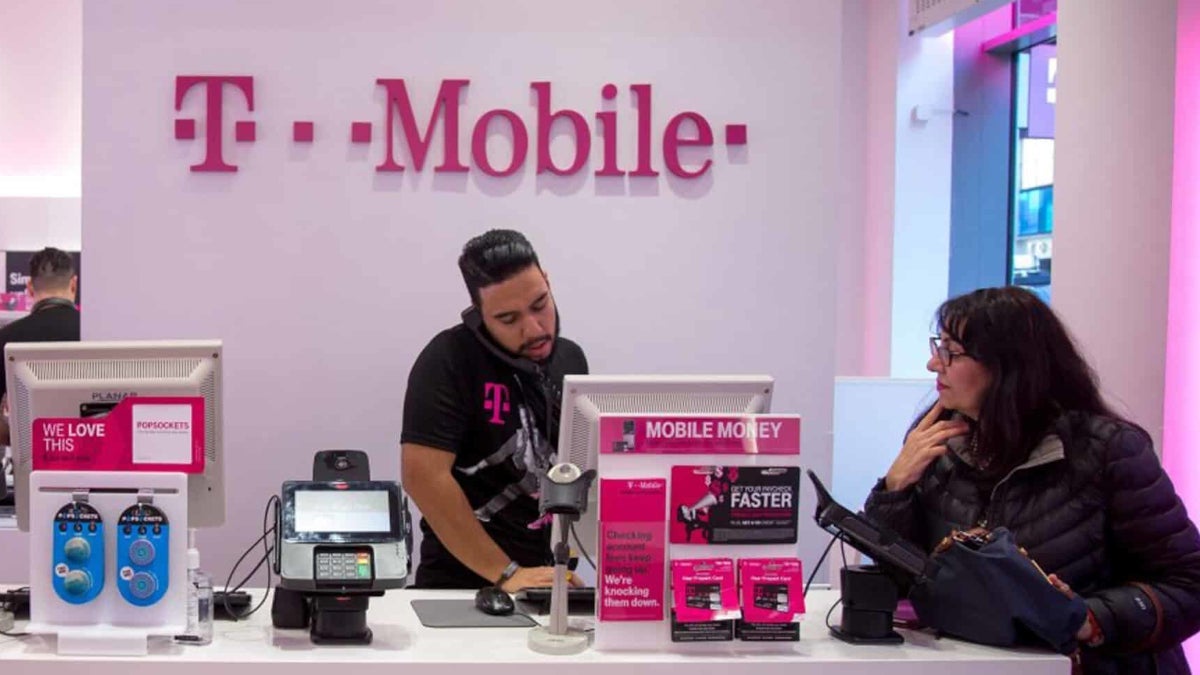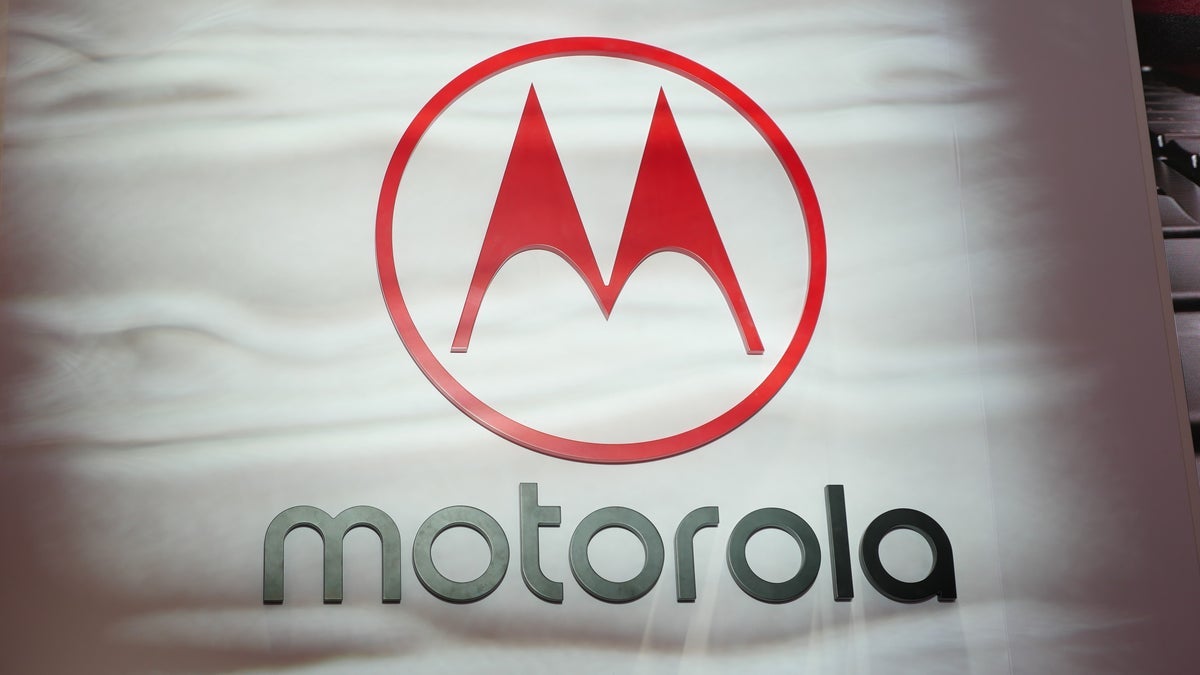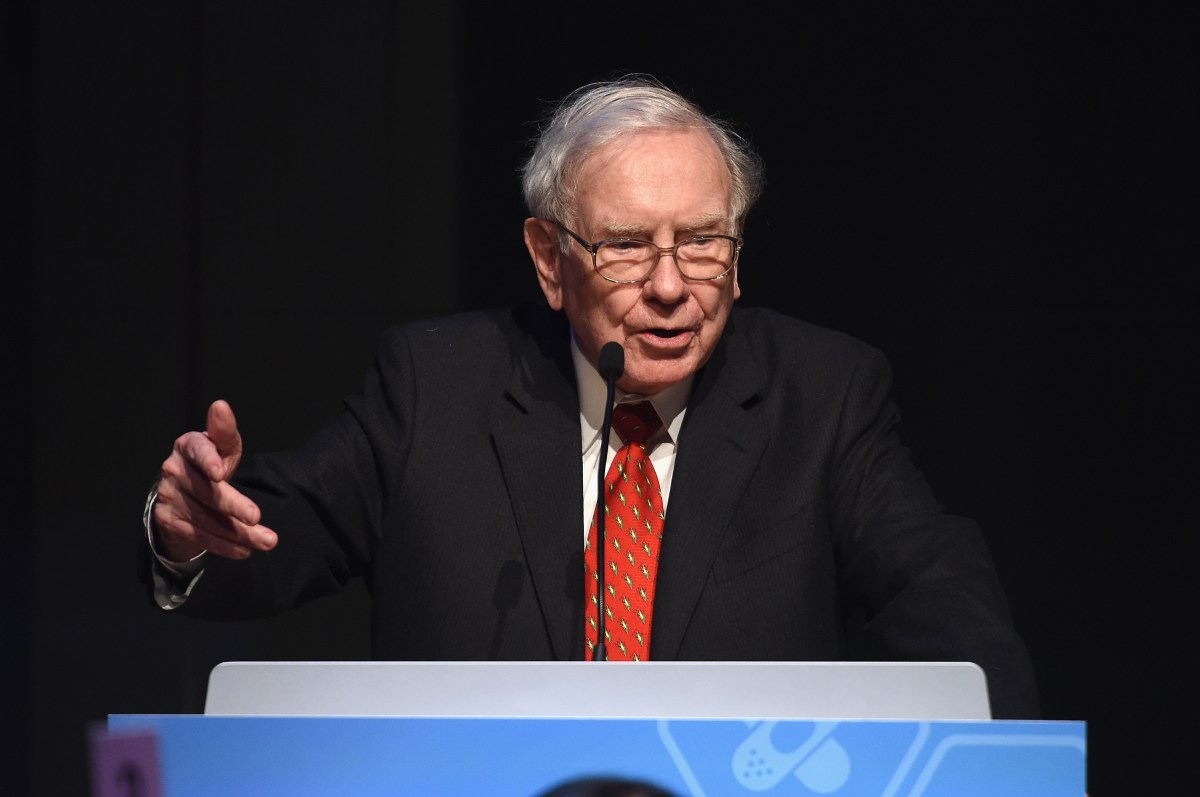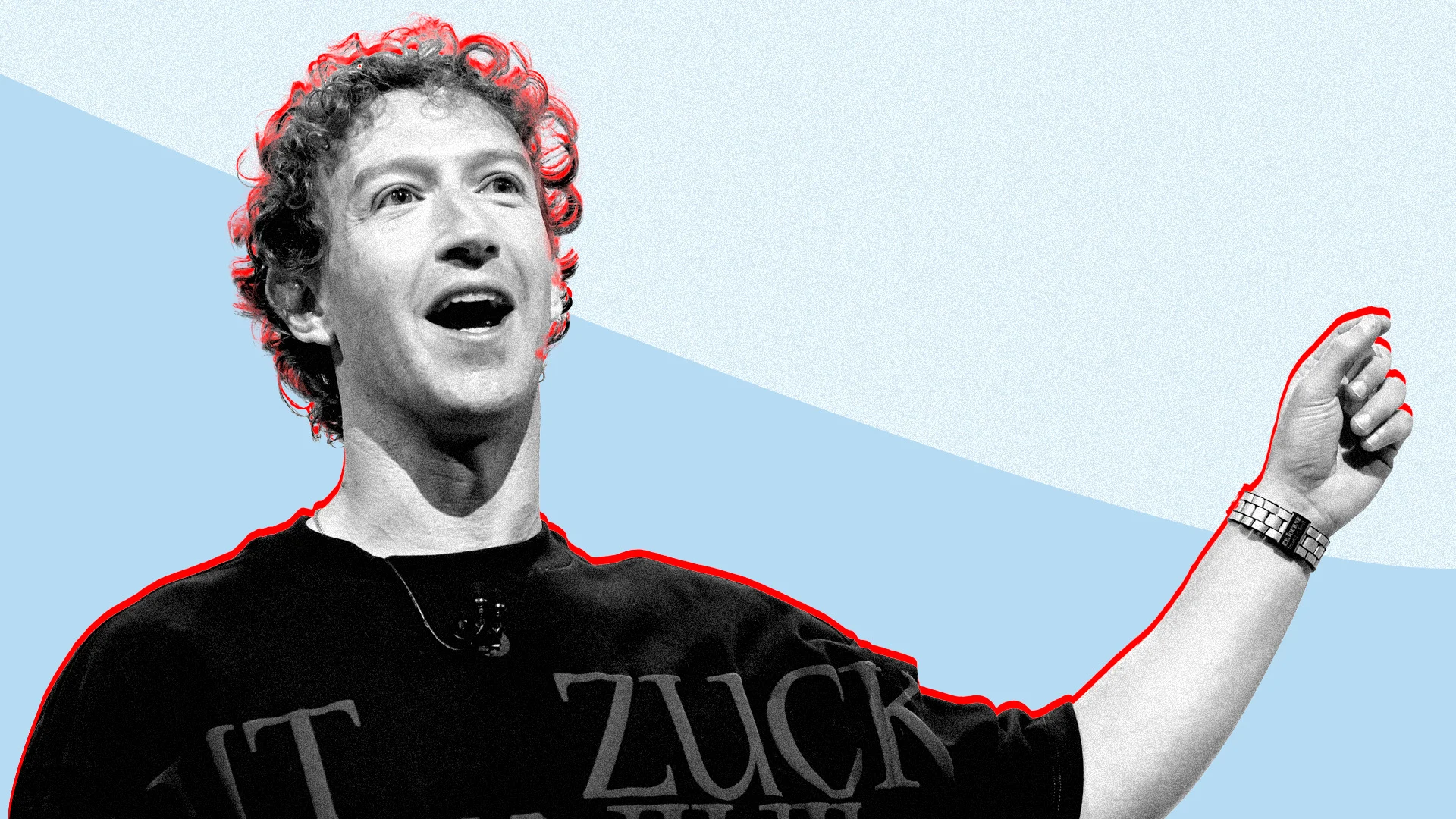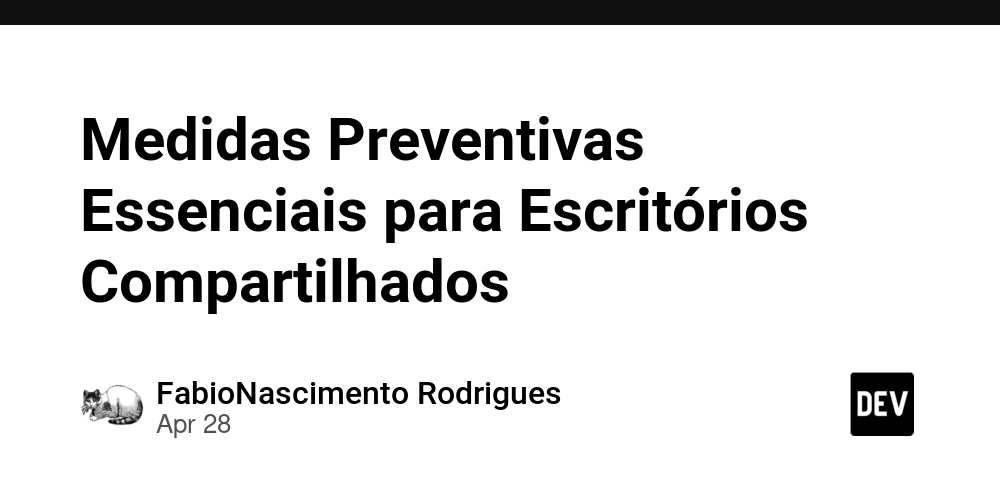How to Supercharge Your Open Source Projects in Bangalore with Blockchain-based Sponsorship Models
Abstract: This post explores the exciting convergence of open source development, blockchain-based licenses, and the vibrant tech community of Bangalore. By leveraging innovative token-based funding mechanisms—such as the Open Compensation Token License (OCTL)—and traditional sponsorship channels, developers can secure sustainable financial backing. We outline actionable steps, practical examples, challenges, and future trends in this ecosystem. The post also provides supplementary resources, tables, and bullet lists to guide you on building a successful open source project funded using blockchain technology. Introduction The open source world is undergoing a revolution. In Bangalore, one of India’s leading tech hubs, there is a surge of innovative projects that blend traditional sponsorship models with emerging blockchain-based licenses. With tools like the Open Compensation Token License (OCTL), developers can now transparently and securely manage contributions while aligning sponsorship funding with measurable performance metrics. This post aims to provide a deep dive into how you can secure sponsorship for your open source projects by leveraging a blockchain-based licensing model, and why Bangalore is the ideal nurturing ground for these initiatives. Background and Context The Rise of Open Source Sponsorship Open source projects have traditionally thrived on community contributions. However, sustainable models are required to maintain long-term development. Sponsorship platforms like GitHub Sponsors or Open Collective are instrumental in this ecosystem. Recently, blockchain-based licenses have emerged as an innovative way to offer transparency and accountability. In Bangalore, where local tech companies and startups actively support digital innovation, merging conventional sponsorship platforms with blockchain funding is a natural progression. For more context, check our recent guides on open source sponsorship and sustainable funding for open source. Blockchain-Based Licensing Explained Blockchain-based licensing uses decentralized ledger technology to track contributions and distribute tokens accordingly. This approach not only guarantees that funds and tokens are allocated transparently but also incentivizes collaborations among sponsors, contributors, and maintainers. By integrating blockchain technology, projects improve accountability—a factor that is particularly appealing to companies that value security and transparency. Bangalore: The Tech Innovation Hub Bangalore is well-known for its rapid technological advancements and strong startup ecosystem. The city’s dynamic environment is ideal for tech innovations, from mobile applications to blockchain and AI. Local tech groups, meetups, and conferences offer fertile ground for networking and collaboration. Engaging with peers through these channels can accelerate your open source project’s visibility and attract sponsorship opportunities. Core Concepts and Features To successfully secure sponsorship for your open source project in Bangalore with blockchain-based licenses, you must understand several core ideas: 1. Network with Local Blockchain License User Groups Networking: Engage with local groups and meetups that discuss the integration of blockchain with open source. Such groups provide a reliable connection for potential sponsors and collaborators. Workshops & Events: Attend events in tech hubs like Koramangala, HSR Layout, and Whitefield where blockchain licensing is discussed. On-Chain Compensation: Leverage the Blockchain License to ensure that every contribution is tracked and rewarded transparently. 2. Build a Recognizable Open Source Profile Develop an impressive open source profile by: Consistent Contributions: Regular pull requests, bug fixes, and documentation updates improve your credibility. Showcasing Projects: Use platforms like GitHub to document your work, and ensure you incorporate blockchain licensing as a unique, value-added proposition. Public Engagement: Present your projects at local tech conferences or meetups in Bangalore to build visibility. 3. Integrate Traditional and Token-Based Sponsorship Models Combining blockchain-based approaches with established funding channels creates a robust financial model: Traditional Sponsorship Platforms: Use GitHub Sponsors, Patreon, Open Collective, and Buy Me a Coffee. Blockchain Token Distribution: Adopt a transparent token economy using OCTL. Dual Funding Strategy: Diversify your project’s funding sources, thus aligning the project’s growth with sponsor interests. 4. Transparent Communication and Contributions Maintaining clear communication channels is critical: Visibility: Clearly articulate the benefits derived from sponsorship on your project’s README and official documentation. Transparency: Regularly update stakeholders on
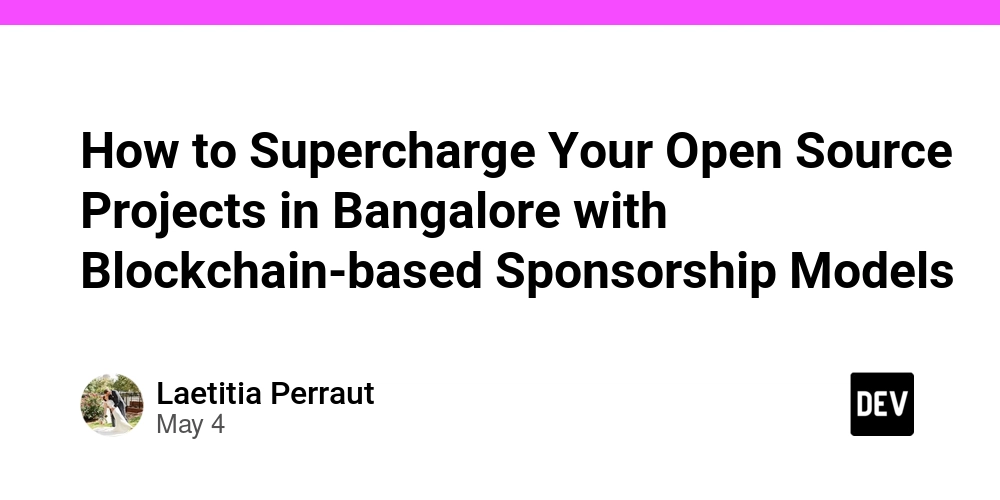
Abstract:
This post explores the exciting convergence of open source development, blockchain-based licenses, and the vibrant tech community of Bangalore. By leveraging innovative token-based funding mechanisms—such as the Open Compensation Token License (OCTL)—and traditional sponsorship channels, developers can secure sustainable financial backing. We outline actionable steps, practical examples, challenges, and future trends in this ecosystem. The post also provides supplementary resources, tables, and bullet lists to guide you on building a successful open source project funded using blockchain technology.
Introduction
The open source world is undergoing a revolution. In Bangalore, one of India’s leading tech hubs, there is a surge of innovative projects that blend traditional sponsorship models with emerging blockchain-based licenses. With tools like the Open Compensation Token License (OCTL), developers can now transparently and securely manage contributions while aligning sponsorship funding with measurable performance metrics. This post aims to provide a deep dive into how you can secure sponsorship for your open source projects by leveraging a blockchain-based licensing model, and why Bangalore is the ideal nurturing ground for these initiatives.
Background and Context
The Rise of Open Source Sponsorship
Open source projects have traditionally thrived on community contributions. However, sustainable models are required to maintain long-term development. Sponsorship platforms like GitHub Sponsors or Open Collective are instrumental in this ecosystem. Recently, blockchain-based licenses have emerged as an innovative way to offer transparency and accountability. In Bangalore, where local tech companies and startups actively support digital innovation, merging conventional sponsorship platforms with blockchain funding is a natural progression. For more context, check our recent guides on open source sponsorship and sustainable funding for open source.
Blockchain-Based Licensing Explained
Blockchain-based licensing uses decentralized ledger technology to track contributions and distribute tokens accordingly. This approach not only guarantees that funds and tokens are allocated transparently but also incentivizes collaborations among sponsors, contributors, and maintainers. By integrating blockchain technology, projects improve accountability—a factor that is particularly appealing to companies that value security and transparency.
Bangalore: The Tech Innovation Hub
Bangalore is well-known for its rapid technological advancements and strong startup ecosystem. The city’s dynamic environment is ideal for tech innovations, from mobile applications to blockchain and AI. Local tech groups, meetups, and conferences offer fertile ground for networking and collaboration. Engaging with peers through these channels can accelerate your open source project’s visibility and attract sponsorship opportunities.
Core Concepts and Features
To successfully secure sponsorship for your open source project in Bangalore with blockchain-based licenses, you must understand several core ideas:
1. Network with Local Blockchain License User Groups
- Networking: Engage with local groups and meetups that discuss the integration of blockchain with open source. Such groups provide a reliable connection for potential sponsors and collaborators.
- Workshops & Events: Attend events in tech hubs like Koramangala, HSR Layout, and Whitefield where blockchain licensing is discussed.
- On-Chain Compensation: Leverage the Blockchain License to ensure that every contribution is tracked and rewarded transparently.
2. Build a Recognizable Open Source Profile
Develop an impressive open source profile by:
- Consistent Contributions: Regular pull requests, bug fixes, and documentation updates improve your credibility.
- Showcasing Projects: Use platforms like GitHub to document your work, and ensure you incorporate blockchain licensing as a unique, value-added proposition.
- Public Engagement: Present your projects at local tech conferences or meetups in Bangalore to build visibility.
3. Integrate Traditional and Token-Based Sponsorship Models
Combining blockchain-based approaches with established funding channels creates a robust financial model:
- Traditional Sponsorship Platforms: Use GitHub Sponsors, Patreon, Open Collective, and Buy Me a Coffee.
- Blockchain Token Distribution: Adopt a transparent token economy using OCTL.
- Dual Funding Strategy: Diversify your project’s funding sources, thus aligning the project’s growth with sponsor interests.
4. Transparent Communication and Contributions
Maintaining clear communication channels is critical:
- Visibility: Clearly articulate the benefits derived from sponsorship on your project’s README and official documentation.
- Transparency: Regularly update stakeholders on progress, resource utilization, and key milestones.
- Targeted Outreach: Use local hashtags like #BengaluruTech, #OpenSourceInBangalore, and #BlockchainFunding to increase social media engagement.
Below is a table summarizing key components of a successful sponsorship strategy:
| Component | Description | Examples & Resources |
|---|---|---|
| Networking | Connect with local tech communities and blockchain groups | Local meetups, tech conferences, LinkedIn groups |
| Profile Building | Consistent contributions and impressive open source projects | GitHub contributions, blogs, project showcases |
| Dual Sponsorship Integration | Combine traditional platforms with blockchain token distribution | GitHub Sponsors |
| Transparent Communication | Frequent updates and clear documentation | Project README, Twitter updates, local tech forums |
| Community Recognition | Acknowledge sponsors, contributors, and partners | Public shout-outs, exclusive previews |
Applications and Use Cases
Here are a few practical examples illustrating how blockchain-based licensing can transform open source sponsorship in Bangalore:
Use Case 1: A Local Blockchain Developer Community Platform
A group of developers launches an open source platform to integrate diverse blockchain services. They adopt OCTL as the token distribution model, ensuring that for every feature added or bug fixed, contributors receive blockchain tokens. The community not only enjoys transparent compensation but also sees the tokens appreciating in value as the project grows. By integrating traditional sponsorship channels through platforms like Open Collective, they attract local startups and multinational tech firms interested in supporting cutting-edge technology.
Use Case 2: Open Source Cybersecurity Tools
In a city like Bangalore, cybersecurity is paramount. An open source project developing advanced cybersecurity tools adopts blockchain-based licensing to ensure that each module developed is meticulously tracked and rewarded. Sponsors appreciate the transparency, making it easier for companies to invest in cybersecurity innovations. Local companies leverage blockchain credentials to reinforce their internal security policies, aligning with the insights from initiatives like CISCO’s open source networking and blockchain security.
Use Case 3: Educational Platforms for Developers
Educational projects in Bangalore often struggle with sustainable funding. An open source educational toolkit for developers integrates Blockchain Licensing to reward contributors while attracting financial sponsorship from corporations. This creates a symbiotic relationship where educational growth fuels innovative development—an idea supported by insights from Gitcoin Grants.
Challenges and Limitations
While blockchain-based licensing offers significant advantages, several challenges must be considered:
- Technical Complexity: Implementing token distribution systems requires a deep understanding of blockchain technology and security practices.
- Adoption Barriers: Some traditional sponsors and contributors may be hesitant to adopt new funding models due to a lack of familiarity.
- Regulatory Environment: Blockchain and cryptocurrency regulations are constantly evolving. Ensure that your project complies with local and international laws.
- Scalability Concerns: As your project grows, you must manage increased transaction volumes and potential network bottlenecks.
- Integration Issues: Merging blockchain data with legacy sponsorship systems can prove challenging in terms of data consistency and real-time updates.
Developers and project maintainers should address these challenges while leveraging community-driven solutions and expert advice from thought leaders in the space.
Future Outlook and Innovations
The fusion of open source and blockchain-based licensing is poised to unlock new trends:
- Evolving Token Economics: Expect dynamic token models that adjust rewards based on project milestones, user engagement, and market demands.
- Improved Interoperability: With advancements in blockchain interoperability, projects will seamlessly connect with multiple blockchains, enhancing transparency and funding reliability.
- Enhanced Sponsor Engagement: Future sponsorship models may allow sponsors to actively participate in governance, project roadmaps, and decision-making processes.
- Broader Adoption: As awareness grows, more traditional companies will adopt blockchain-based sponsorship frameworks, further bolstering the open source ecosystem.
- New Funding Mechanisms: Innovations involving decentralized finance (DeFi)—such as liquidity pools and staking—will provide additional revenue channels for projects.
Recent discussions on blockchain and NFTs transforming the music industry highlight how creative funding and engagement models are breaking traditional molds.
Summary
In this post, we have explored how open source projects in Bangalore can benefit from integrating blockchain-based licenses with traditional sponsorship models. Here’s a quick recap of the key points:
- Engage Locally: Networking with blockchain license user groups in Bangalore is foundational.
- Build Your Profile: Consistent contributions, quality documentation, and public engagement boost your visibility.
- Integrate Funding Models: Leverage both blockchain-based token systems and traditional channels like GitHub Sponsors and Patreon.
- Communicate Transparently: Clearly communicate your project’s goals, funding needs, and progress.
- Acknowledge Contributions: Recognize and reward sponsors and contributors through transparent, on-chain mechanisms.
By harnessing the power of blockchain-based licensing, you ensure that every contribution is fairly compensated, and every sponsor sees a clear, accountable workflow. The integration of these technologies makes your project both technically robust and financially sustainable, perfectly aligning with Bangalore’s innovative tech culture.
The future is bright, filled with evolving token economics, enhanced interoperability, and sustained sponsor engagement. For additional insights, you may explore further on open source project funding strategies and other related resources from License Token.
Additional Resources and Developer Insights
For those looking to dive deeper into the blend of open source funding and blockchain adoption, consider exploring these developer posts and articles:
- Gitcoin Grants: Pioneering Open Source Funding and Innovation
- Blockchain and Open Source in Music Industry: A Harmonious Transformation
- Exploring Cisco’s Innovations in Open Source Networking and Blockchain Security
Additionally, revisit the original article for a concise guide on getting sponsored for open source in Bangalore using blockchain-based licenses.
Final Thoughts
Integrating blockchain technology into open source licensing not only revolutionizes the way projects are funded but also enhances community trust, transparency, and accountability. For developers in Bangalore, this approach presents unprecedented opportunities to secure sponsorship, innovate fearlessly, and collaborate with industry leaders in an ecosystem that values open, transparent processes.
Whether you are a seasoned developer or an enthusiastic newbie, embracing these dual funding models can position your project at the forefront of the tech revolution. With ongoing improvements in blockchain interoperability, enhanced sponsor engagement mechanisms, and evolving market dynamics, the landscape of open source sponsorship is set to be more dynamic and inclusive than ever before.
Implementing and adapting to these trends requires a blend of technical expertise, community engagement, and forward-thinking strategy—qualities that define Bangalore’s vibrant tech ecosystem. As you move forward with your open source projects, remember that clear, transparent communication and persistent innovation are the cornerstones of achieving sustainable success.
By aligning technological advancements with traditional funding methods, you can build projects that stand the test of time and foster a robust community of contributors and sponsors. Embrace the power of blockchain-based licensing and join a movement that is transforming the way open source is funded and celebrated across the globe.
Happy coding and may your project flourish under the twin wings of innovation and community support!





































































































































































![[The AI Show Episode 145]: OpenAI Releases o3 and o4-mini, AI Is Causing “Quiet Layoffs,” Executive Order on Youth AI Education & GPT-4o’s Controversial Update](https://www.marketingaiinstitute.com/hubfs/ep%20145%20cover.png)











































































































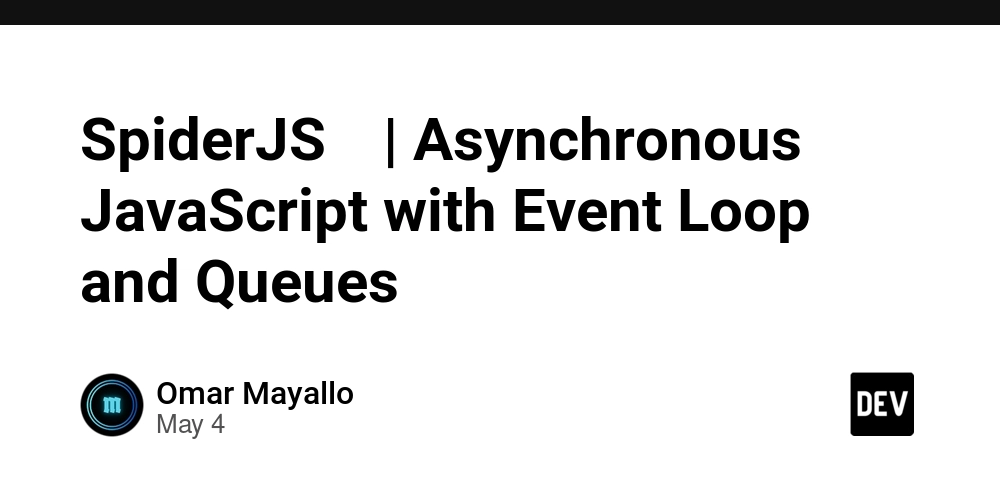

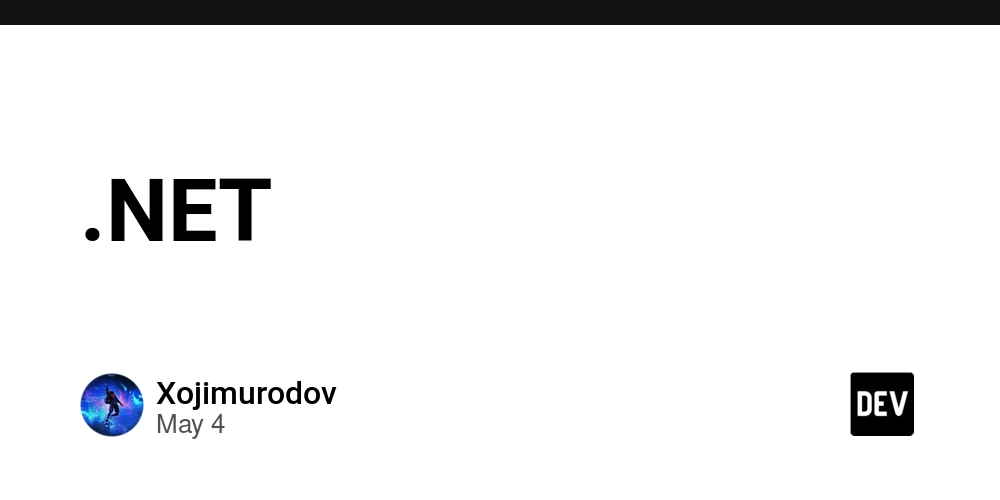













![[DEALS] Microsoft 365: 1-Year Subscription (Family/Up to 6 Users) (23% off) & Other Deals Up To 98% Off – Offers End Soon!](https://www.javacodegeeks.com/wp-content/uploads/2012/12/jcg-logo.jpg)




![From Art School Drop-out to Microsoft Engineer with Shashi Lo [Podcast #170]](https://cdn.hashnode.com/res/hashnode/image/upload/v1746203291209/439bf16b-c820-4fe8-b69e-94d80533b2df.png?#)









































































































(1).jpg?#)




















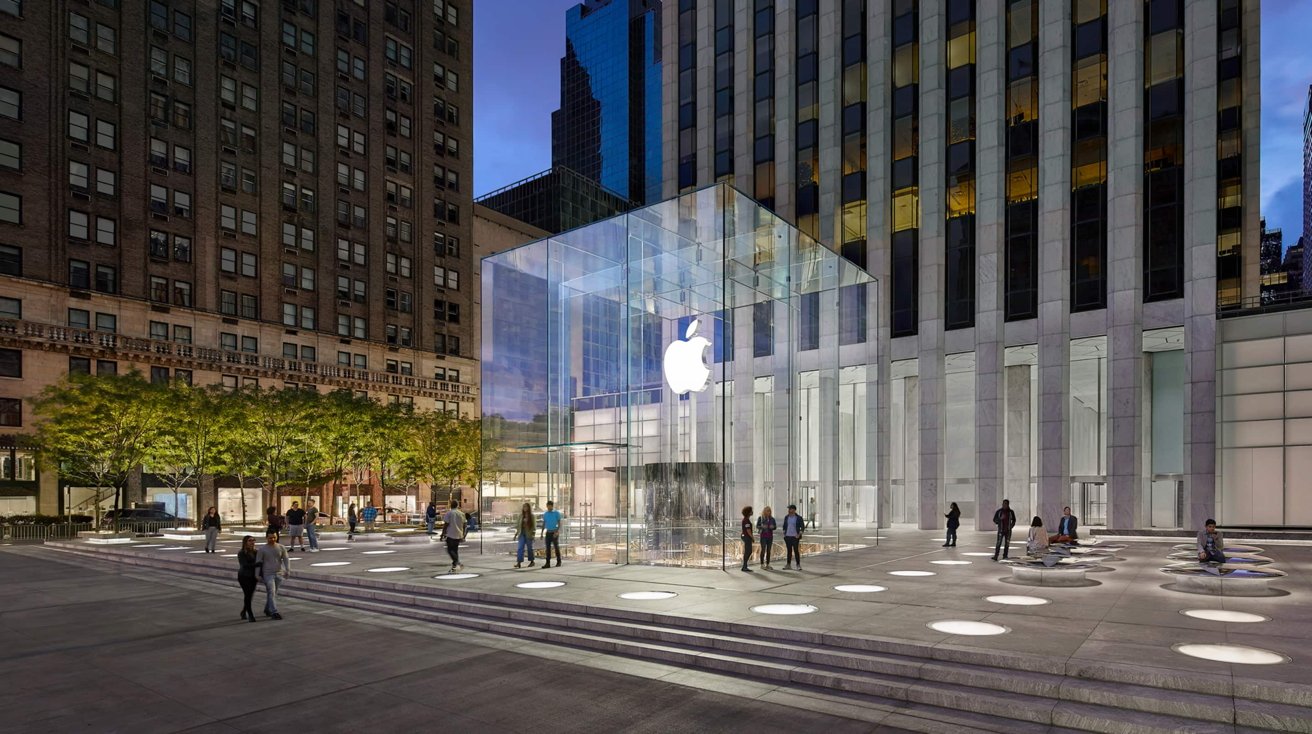










_Inge_Johnsson-Alamy.jpg?width=1280&auto=webp&quality=80&disable=upscale#)






















































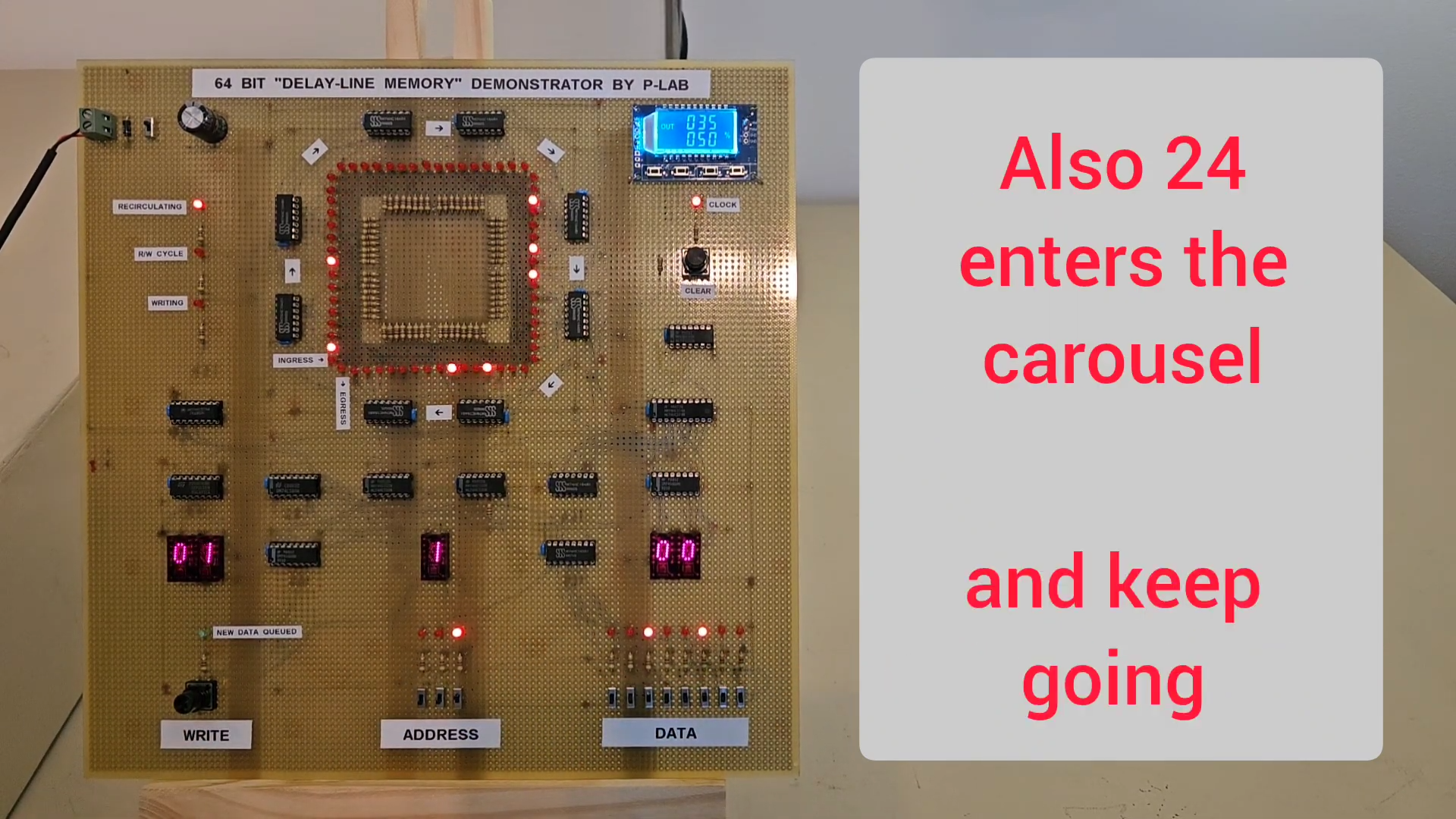





























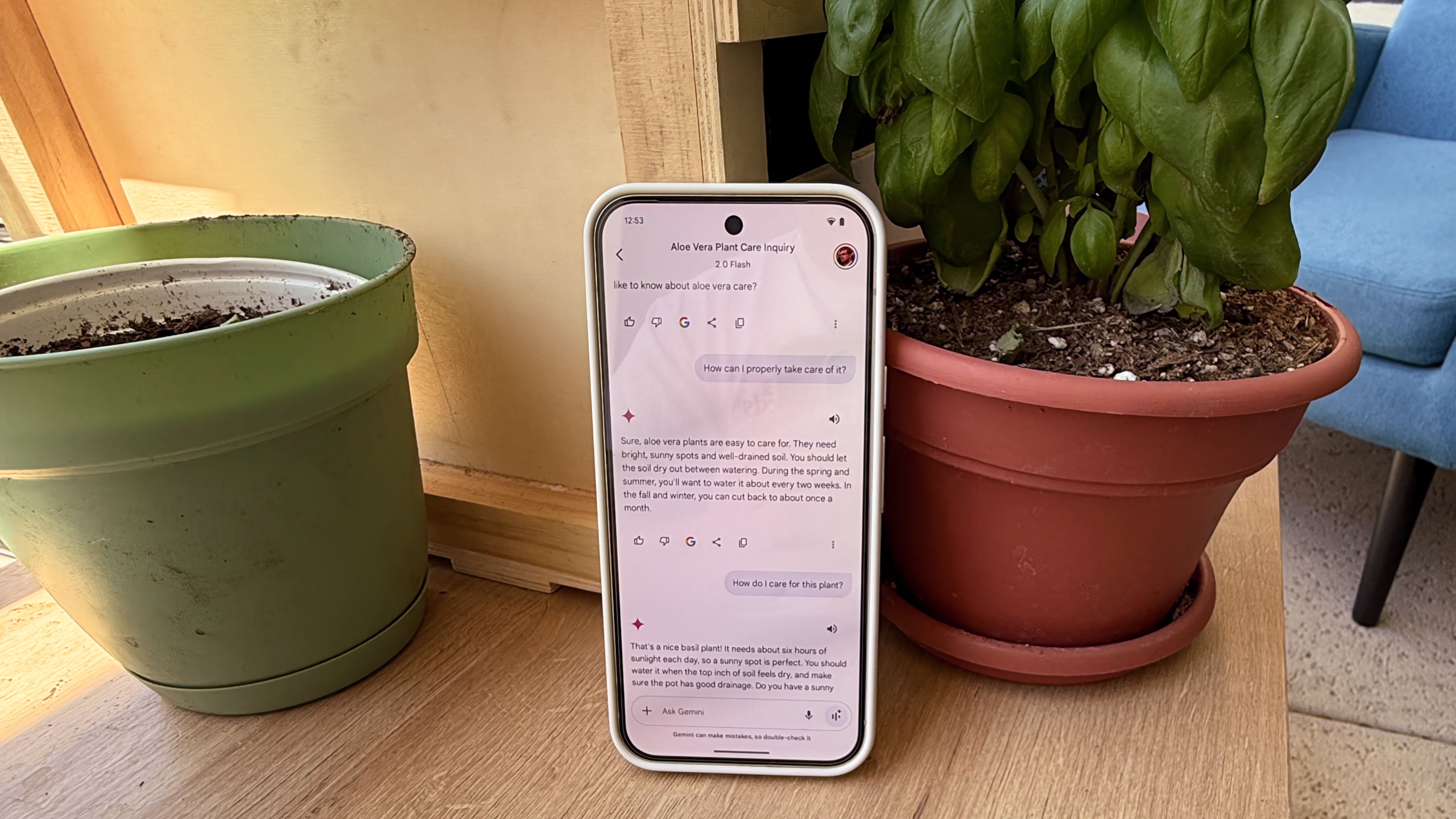



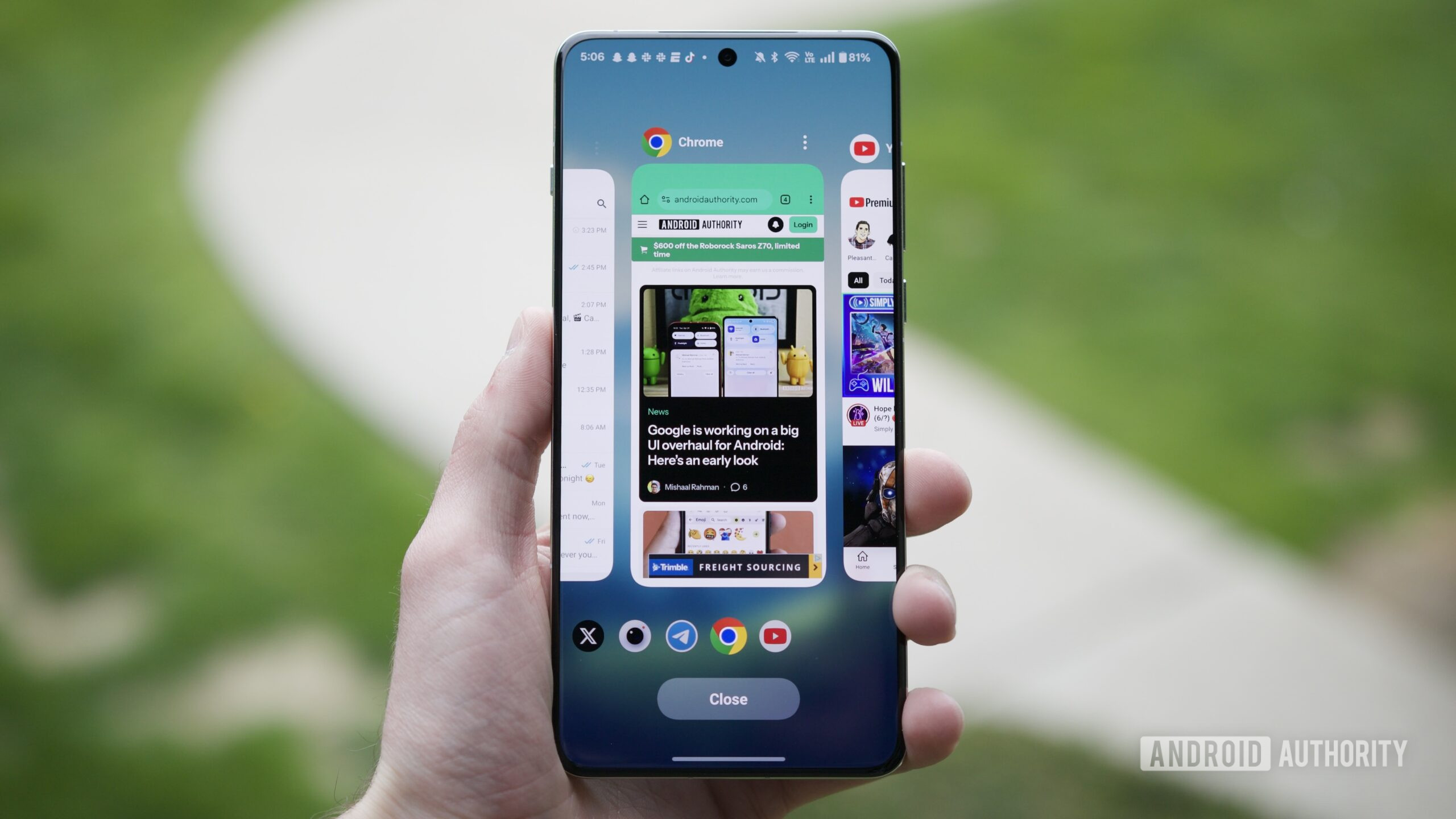


















![Apple to Split iPhone Launches Across Fall and Spring in Major Shakeup [Report]](https://www.iclarified.com/images/news/97211/97211/97211-640.jpg)
![Apple to Move Camera to Top Left, Hide Face ID Under Display in iPhone 18 Pro Redesign [Report]](https://www.iclarified.com/images/news/97212/97212/97212-640.jpg)
![Apple Developing Battery Case for iPhone 17 Air Amid Battery Life Concerns [Report]](https://www.iclarified.com/images/news/97208/97208/97208-640.jpg)
![AirPods 4 On Sale for $99 [Lowest Price Ever]](https://www.iclarified.com/images/news/97206/97206/97206-640.jpg)

































![[Updated] Samsung’s 65-inch 4K Smart TV Just Crashed to $299 — That’s Cheaper Than an iPad](https://www.androidheadlines.com/wp-content/uploads/2025/05/samsung-du7200.jpg)














